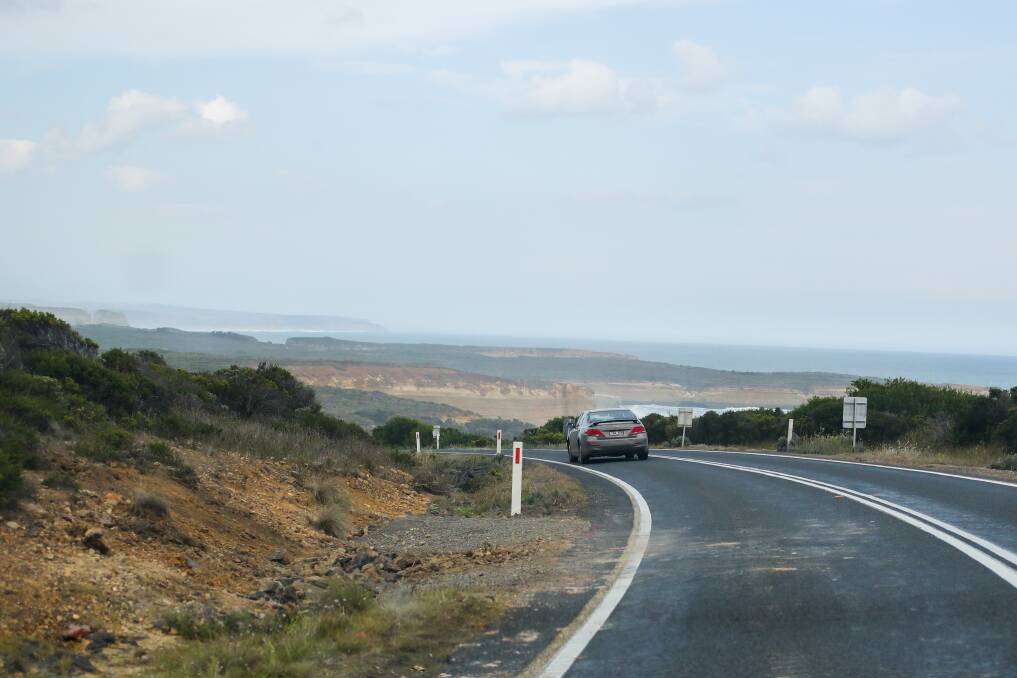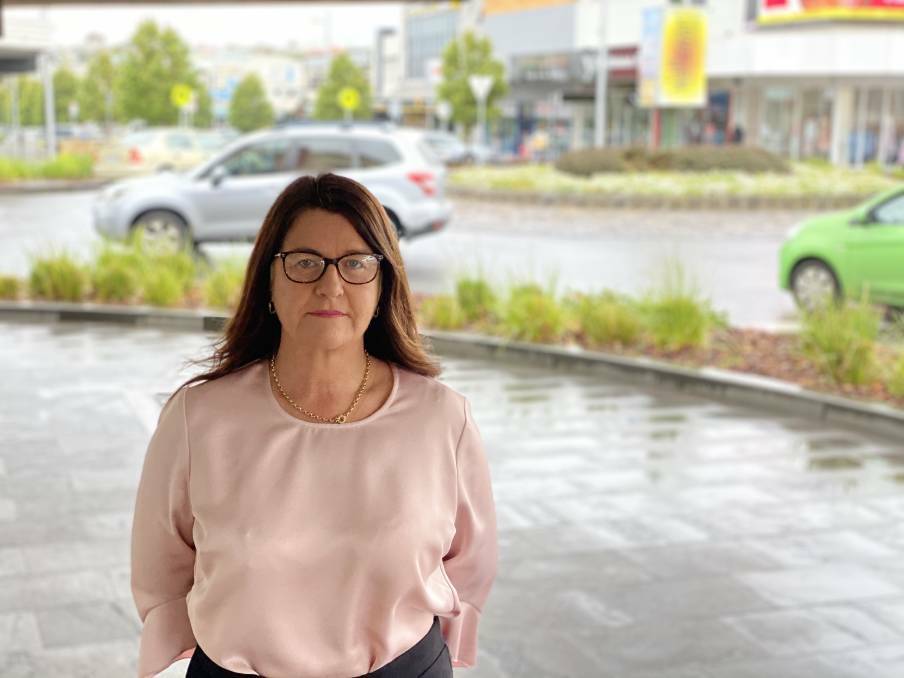
Regional Victorians would be unfairly disadvantaged by a plan for motorists to pay a distance-based charge in Victoria instead of fuel and other motoring taxes, a south-west MP has said.
Subscribe now for unlimited access.
$0/
(min cost $0)
or signup to continue reading
Infrastructure Victoria in August recommended replacing fixed road user charges, such as car registration, in favour of a user-pays system where motorists were charged based on distances and times travelled.
The government on Thursday released its own 2021 infrastructure plan which supported Infrastructure Victoria's recommendation "in principle".
Liberal Member for South West Coast Roma Britnell said regional Victorians would be unfairly disadvantaged by a user-pays system.
"The Andrews Labor Government is again favouring city-centric policy without even the slightest regard to the impact this would have on regional Victorians," Ms Britnell said.
"A user-pays system would clearly hurt us socially and economically.
"We have to travel longer distances - whether it's to a larger town or city for goods and services, healthcare, for work or business - any range of things.
"It's a by-product of living in regional areas, but we should not be punished for it with yet another unfair tax."

However a state government spokesman said there were no plans to introduce road user charging on internal combustion engine vehicles.
"The Commonwealth's fuel excise levy currently operates as a de facto road user charge and while it is in place an additional charge would represent a duplication of taxation from the state and the Commonwealth," the spokesman said.
The report states the introduction of distance-based charging for zero and low-emission vehicles in Victoria will be the first step, beginning with an expansion of its 2.5c per kilometre electric vehicle charge.
The push for reform comes ahead of an expected surge in low emissions vehicles later this decade, which will impact taxes used by governments to maintain roads.
'It is a first step in ensuring the long-term sustainability of the transport network by making sure everyone pays their fair share to build and maintain our roads,' the report reads.
The state government is also working with the Commonwealth on reforms on heavy vehicle road user charges.
Ms Britnell said a user pays system would impact road-based tourism and discourage travel to regional Victoria.
"If I'm in Melbourne and I know it's going to end up being cheaper, in the long run, to drive and holiday in Sorrento rather than Warrnambool - then I might seriously think twice about the distance I'm going to drive for a holiday," she said.
"We should be doing everything right now to encourage tourists to visit our region, not slap them with extra charges because they want to drive.
"This is another slap in the face to residents of South West Coast and all regional Victorians."
The report details a number of incentives for regional Victoria, including 'in principle' support for increased alcohol and drug residential services and for redesigning regional public transport; 'partial support' for long-term funding certainty for regional road maintenance and a 30-year periodic regional freight rail maintenance program. It commits to improving regional Victoria's digital connectivity gaps and telecommunications infrastructure in the next five years.
Western Victoria has also been earmarked one of six renewable energy zones to receive a share of $540 million to support large-scale renewable energy projects and facilitate renewable energy investment over the next five years.
IN OTHER NEWS:


